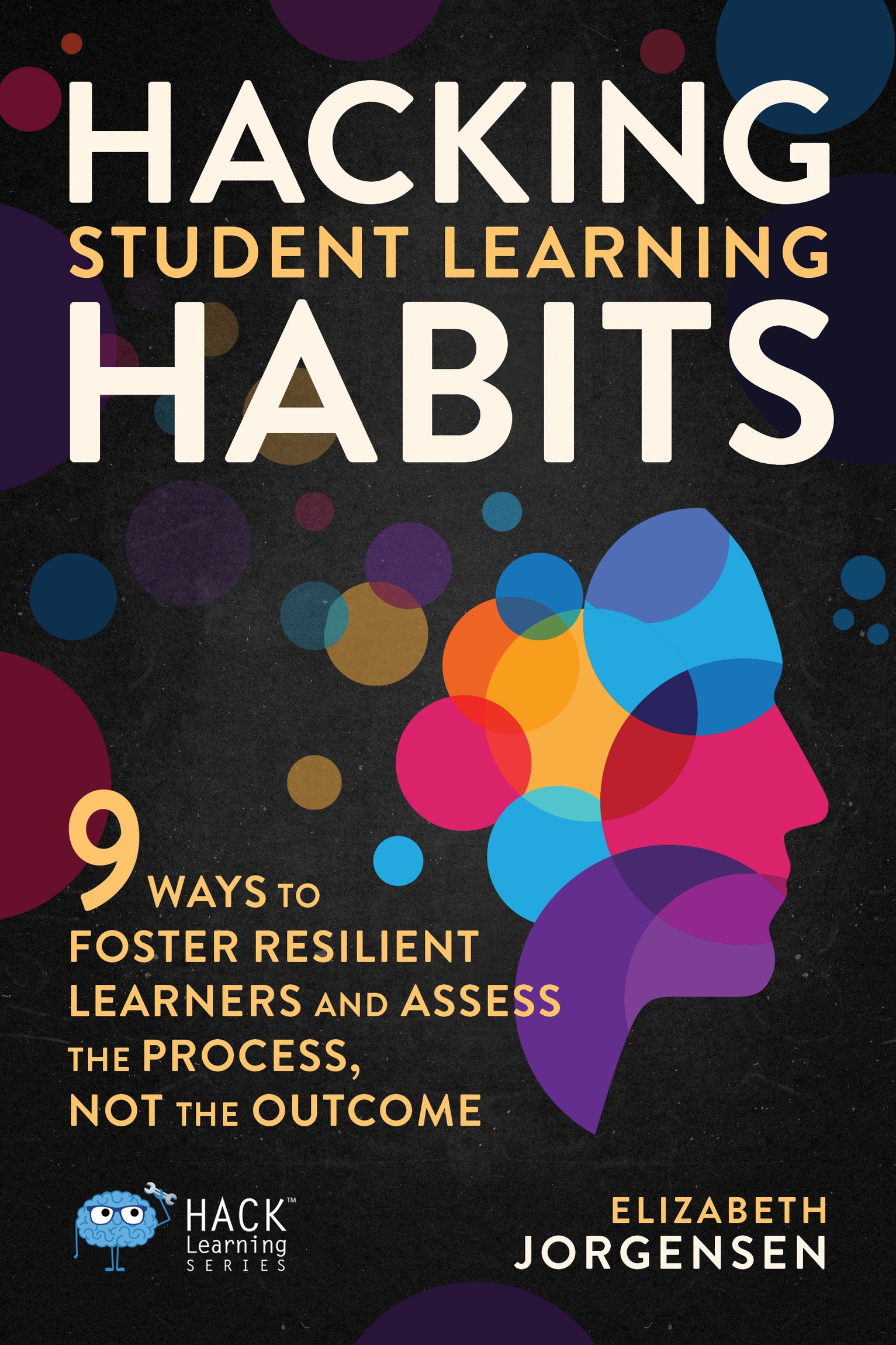Focus on Habits to Curb Extra Credit Requests
May 24, 2022
By Elizabeth Jorgensen
At the end of the school year, many of my colleagues are inundated with late work and appeals for extra credit. But because my students have learned to value the process over grades, I have no late work to assess and no requests for extra credit.
Even with summer approaching, my students attend class to try and fail, learn what works and what doesn’t—and do more of what works and less of what doesn’t.
- But how is this possible?
- How do I get students to focus on the work and not the grade?
Daily habits.
Students know they’ll learn a new concept, see that concept applied, and then try it out. There’s no pressure for perfection; there’s no grade attached to attempts. There is just writing and learning. Every day.
So, we’re doing what we’ve always done.
An Example Lesson
My students and I explore anthropomorphism. I ask who knows the word. In all five of my sections, a student can pronounce and explain the concept. They reference comic books, werewolves, and video games. Students share what they know, in their own words, and propel our conversation, helping classmates digest and understand this concept.
Then, we read the introduction and poems from UNLEASHED: Poems by Writers’ Dogs (edited by Amy Hempel and Jim Shepard). Some authors use anthropomorphism; some don’t.
Our reading prompts students to share their stories of beloved dogs and cats, lizards, ferrets, and turtles. Then, I offer an example from my writing: “How I Spent My Summer Vacation,” published in Fido Friendly. Students notice anthropomorphism, and I am glad our conversations and readings build excitement and interest.
After the mini-lesson, students work independently and with partners to write four-line poems. I don’t require students to use anthropomorphism, but we do practice saying it (over and over)!
“Untitled” by JJ and Nora
Sketching and erasing and erasing the sketch.
As a spot of paint dries on a weathered palette,
still, my hands act against me
and my mind becomes as blank as the paper in front of me.
“The Trees” by Michael and Laynie
Trees are tall, mighty.
They last years, decades, generations.
Rings count the years, but
you can only see the rings if you cut them down.
“Frodo” by Emma
When I am thirsty, I drink water and leave a trail everywhere.
When I am hungry, I eat my food and occasionally shoes.
When I am hyper, I ring the bell to go outside and run with the bunnies.
When I am tired, I cry in front of my sister’s room and sleep on her silky cold bed.
When students share poems with groups and partners, I overhear this conversation:
“That’s an insightful quatrain!”
“It’s progress.”
“What’d ya mean?”
“The punctuation and title I added helped.”
“I should look at those too.”
The Benefits of Daily Habits
Focusing on daily habits helps students identify how progress occurs. Then, students can inspire others to do the same.
The next day, I share the work of current students who have been published or won a writing award. I call it a day of celebration. Students say:
- “This day of celebration really made me think about all of the pieces that we have done this semester.”
- “I noticed that all the people who got published were all very open. They told the whole truth. In other classes, I felt like I was just writing for a grade, but when I entered contests, it brought more to my writing than just the class. I hope that my English classes in the future have opportunities for me to publish my work to show other people what I spent a lot of time writing.”
- "It is super uplifting to read these pieces, and it helps me feel like I can do great things in life because I have so many people to back me.”
- “Publications are important because they provide new perspectives. Even if readers don’t realize it, a piece may touch them in a therapeutic or restorative manner. These pieces allowed me to step back and appreciate life when the world around me was moving so fast, and I am sure that more poems and stories touched others as well.”
- "What surprised me was how deep some of the poems are, and they can make you sad or happy, and just the amount of emotion some of the poems make you feel. My takeaway is I would try to put more of my emotions into my writing and make them more relatable for people.”
These lessons never focus on grades. Instead, they emphasize learning and trying. Failing and exploring. Sharing, collaborating, and enjoying. Producing work students are proud of—or at least that they can learn from.






